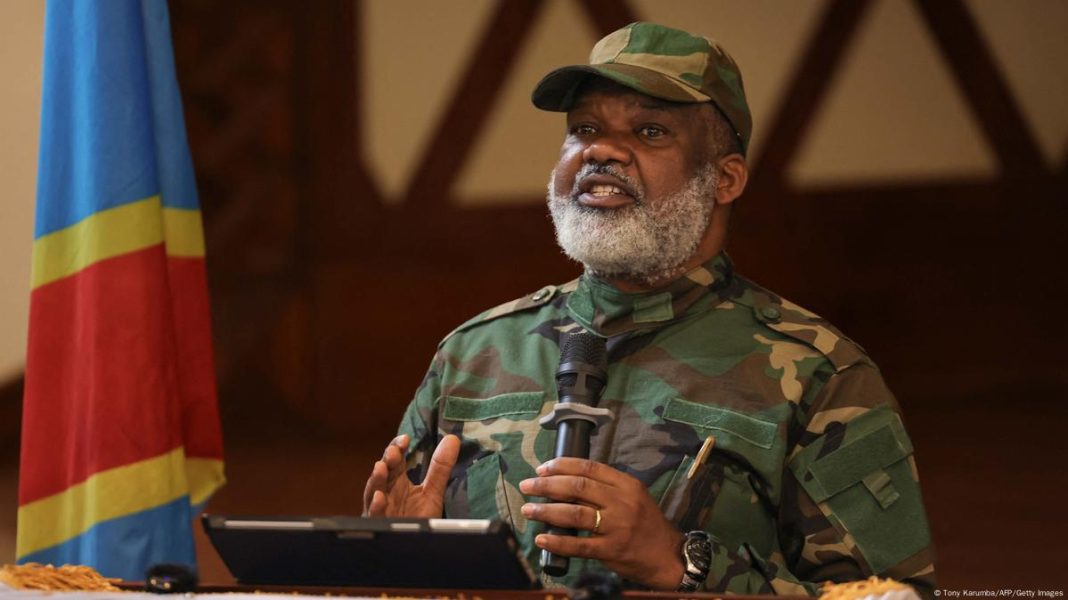Corneille Nangaa, leader of the Alliance Fleuve Congo (AFC) movement, has called for a violence-free Democratic Republic of Congo (DR Congo) as a foundation for peace and economic progress. He emphasized that reducing violence in the country requires the establishment of a functional state, supported by a corruption-free army, police, civil service, and judiciary.
“These key institutions are currently dysfunctional, turning the country into a jungle,” Nangaa told AnewZ Media during an interview on Thursday, April 17. AnewZ Media, headquartered in Baku, Azerbaijan, is a global news and analysis platform broadcasting to more than 110 countries.
Nangaa also underlined the importance of unity among the DR Congo’s many ethnic groups, saying: “We must learn to coexist and work together for development.” He noted that the country’s borders were imposed rather than shaped by its people, adding: “This country was handed to us—it’s our responsibility to build it.”
He said the AFC’s struggle is centered on rebuilding DR Congo and ensuring that its citizens can live with dignity, transforming the nation from a failed state into a modern one.
Nangaa blamed worsening insecurity in eastern DR Congo on a vast military coalition that includes Western-backed Congolese troops, the Rwandan genocidal militia FDLR, Burundian forces, and SADC troops. He described FDLR as a militia backed by DR Congo and formed by remnants of the perpetrators of the 1994 Genocide against the Tutsi in Rwanda.
Under Nangaa’s leadership—he is the former head of DR Congo’s national electoral commission—the AFC movement advocates for governance rooted in human rights, citizen security, and addressing the core drivers of conflict. The movement seeks to eliminate tribalism, nepotism, corruption, and genocide ideology, which it says are deeply entrenched in the country.
He reiterated that violence remains a major driver of the crisis in eastern DR Congo, attributing the country’s instability to dictatorship, poor governance, and discrimination—issues he says President Félix Tshisekedi has failed to resolve.
“These challenges could have been solved without conflict,” Nangaa said, accusing President Tshisekedi of relying solely on military solutions. He also criticized the government’s inability to use the nation’s abundant mineral resources to build a conducive business environment.
Nangaa further linked the country’s poor infrastructure and lack of essential services to its broken political system.
In response to international sanctions against AFC officials and accusations that Rwanda supports the group, Nangaa firmly denied any foreign involvement.
“There are no Rwandans in our ranks. We are Congolese, fighting for Congolese reasons,” he said.
He also accused the Congolese government of supporting the Rwandan genocidal militia FDLR in an effort to destabilize neighboring Rwanda—a goal he claims President Tshisekedi has openly acknowledged.
Ultimately, Nangaa said the AFC’s goal is to establish a “legitimate and accountable government,” arguing that DR Congo has the potential to thrive both regionally and globally.
Despite the ongoing conflict and failed peace initiatives, he remains hopeful: “Peaceful solutions are possible. That’s what we’ve always believed. The reasons we are fighting can be addressed through dialogue and negotiation.”



